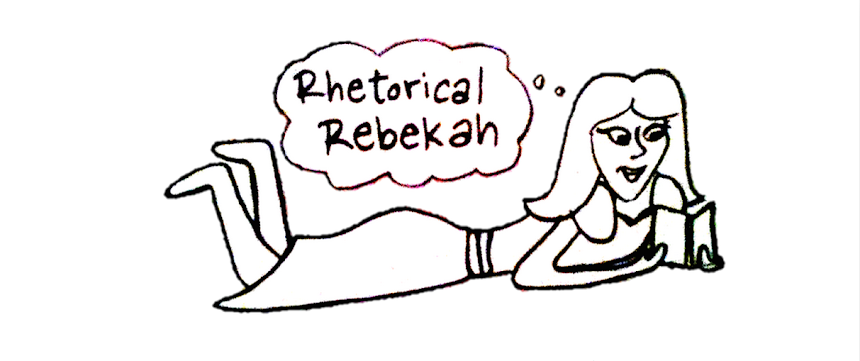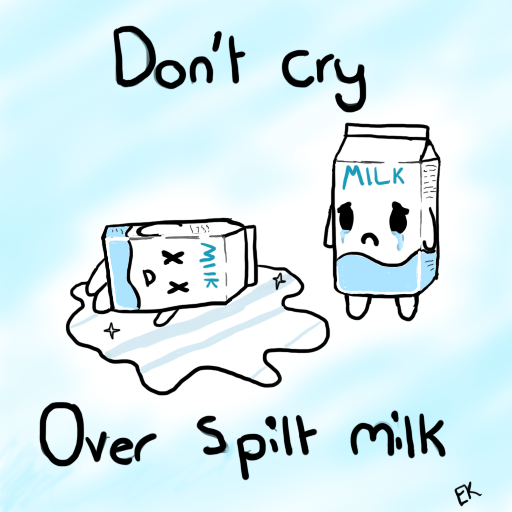I chose to explore the higher laws followed by the Navajo Nation. Since I've really worked hard on my paper, I thought I'd post a portion of the introduction:
Living the Higher Law: The Navajo Nation and Civil
rights
In
1945, German military leaders were tried for the atrocities they committed
against the Jews during World War II. They argued that they should not be
punished for obeying the laws of their country and that their “crimes against
humanity” had been defined after the fact, thus making their prosecution ex post facto. Although the United
States and other nations recognize the importance of obeying the laws of the
land and prohibit prosecution ex post
facto, they proceeded with the trial. As the lead prosecutor, Robert
Jackson explained that even rulers are under God and the law.[1] He
stated that international law recognizes certain principles (“the law”) that
have been held to be universal, such as the Crime of Plotting and Waging Wars
of Aggression, the Crime of Violating a Treaty, Crimes Against Humanity, and
the Law of Individual Responsibility. “Does it take these men by surprise that murder is treated as
a crime?” he asked.[2]
The laws Robert
Jackson cited are what are known as “natural laws” or “higher laws.” These laws
are rules of conduct “arising out of the natural relations of human beings,
established by the Creator.”[3] They include principles
such as honesty, temperance, humility, and cooperation. Rarely to governments
hold their citizens to such high standards in all aspects of their
lives--rather, they are enforced through more limited laws and ordinances. For
example, most nations have enacted laws against murder. Even in ancient times,
communities followed the mandate: “thou shalt not kill.”[4] However, when Christ came,
he established a higher law, which encompassed the old law: “But I say unto
you, that whosoever is angry with his brother without a cause shall be in
danger of the judgment.”[5] While most nations will
not enact laws against anger, they will enact laws restricting the expression
of anger, since anger leads to willful infliction of bodily harm, i.e. assault,
battery, etc.
There are few examples
of nation-states enforcing higher laws outright, and the Navajo Nation is one
of them. Unfortunately, the Navajo Nation has been overlooked in the discussion
of higher law, as most scholars have focused on the international and
Anglo-European applications of higher law. This paper will
provide an introduction to higher law in Navajo culture and encourage legal scholars
and legislatures to turn to the Navajo example in discussing the theory of
higher law.
Since
the creation of the Navajo Nation Supreme Court in 1985, Navajo justices have
sought to apply Navajo higher law in the enforcement of civil rights. Over the
years, the court has become increasingly confident in the application of higher
laws to legal principles.[6] In 2002, the application of such higher laws
was solidified when the Navajo Nation Council (their equivalent of the
Legislative branch) passed a statute recognizing the existence of Navajo higher
laws and mandating that they be considered first when interpreting statutes.[7]
This has led to a broadening of rights guaranteed to both Indians and
non-Indians under the Navajo Nation’s jurisdiction.
Rebekah
[1] Robert H. Jackson, Opening
Statement Before the International Military Tribunal, available at http://www.roberthjackson.org/the-man/speeches-articles/speeches/speeches-by-robert-h-jackson/opening-statement-before-the-international-military-tribunal/.
[2] Id.
[3] “What is Natural Law?” Black's Law Dictionary Free Online Legal Dictionary 2nd ed., available at http://thelawdictionary.org/natural-law/.
[4] Exodus 20:13.
[5] Matthew 5:22.
[6] Paul Spruhan, The
Meaning of Due Process in the Navajo Nation, in The Indian Civil Rights Act at Forty 119, 123 (Kristen A.
Carpenter, Matthew L.M. Fletcher, and Angela R. Riley, eds., 2012).
[7] Spruhan, supra
note 6, at 123.












